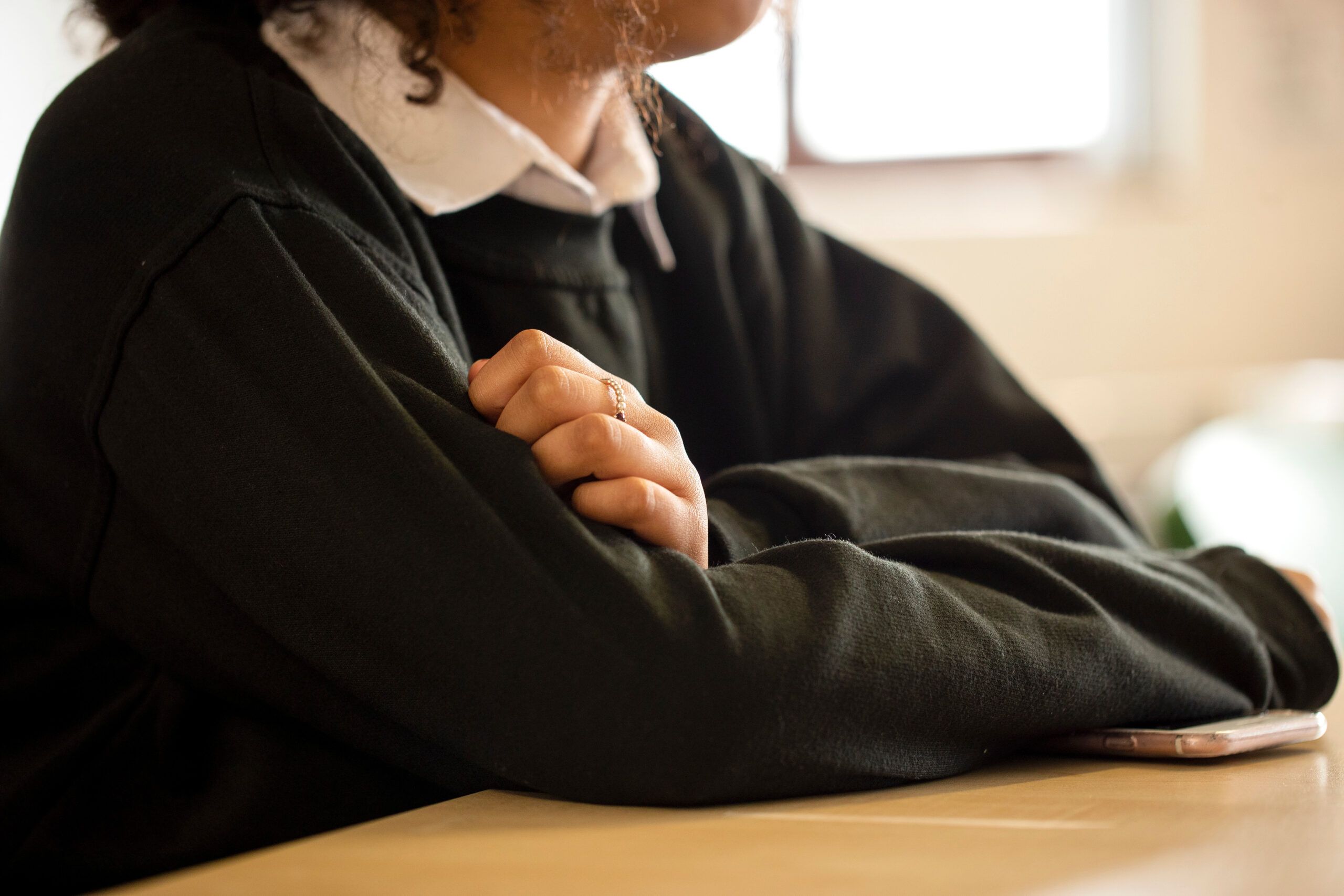
Rushmere Academy Policies
This is where you will find most answers. If there should still be any questions left, don’t hesitate to contact us.
Policies
-
ANTI BULLYING POLICY
-
ATTENDANCE POLICY
-
BEHAVIOR POLICY
-
CODE OF CONDUCT FOR RUSHMERE STAFF
-
COMPLAINTS POLICY
-
GDPR POLICY
-
HEALTH AND SAFETY POLICY
-
IT CYBER SECURITY POLICY
-
REFERRAL POLICY
-
SAFEGUARDING AND CHILD PROTECTION POLICY
-
STAFF VETTING POLICY
-
WHISTLE BLOWING POLICY
-
Resources for parents/carers available on NSPCC websites